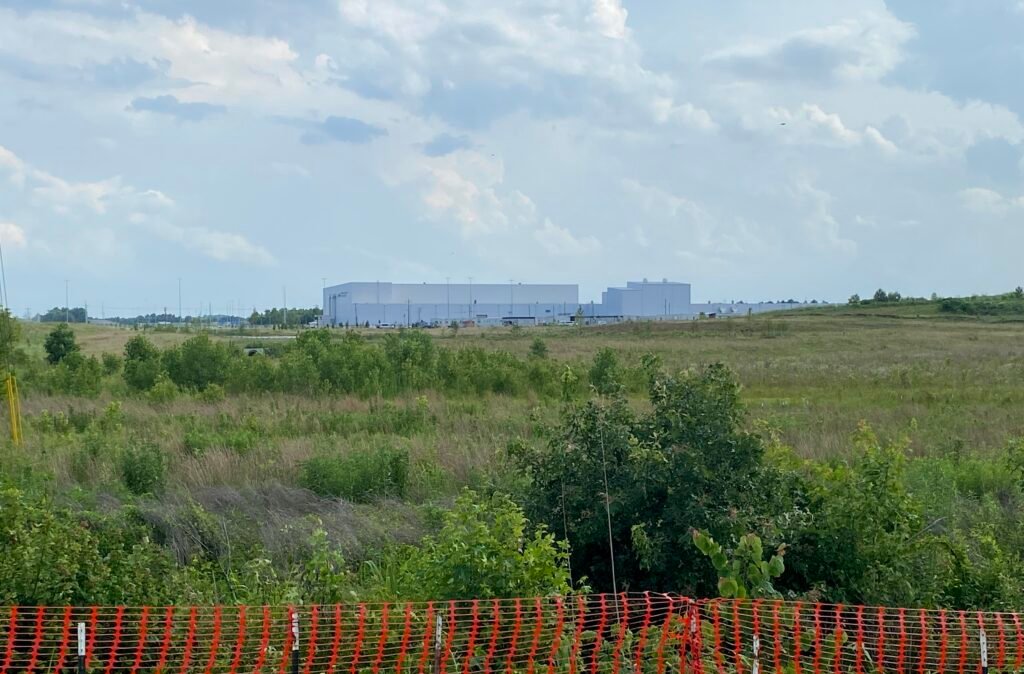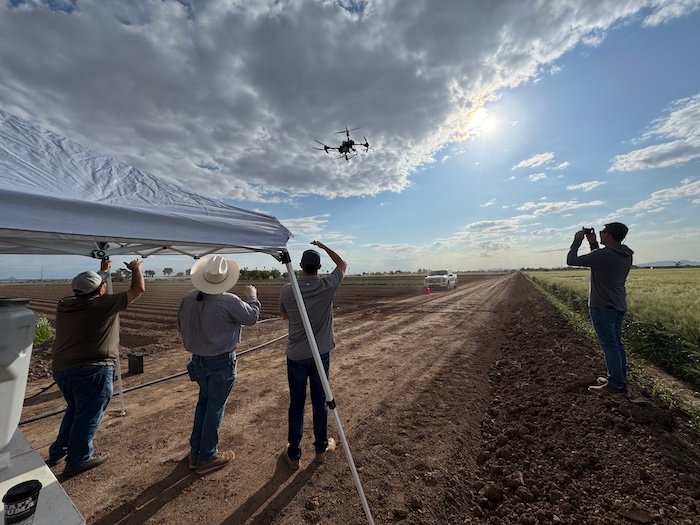Deadly protests in Bangladesh have forced Prime Minister Sheikh Hasina to resign and flee the country, Reuters reported on Monday.
After weeks of violent protests, Prime Minister Hasina has reportedly decided to step down in order to quell further unrest. Reuters.
As the South Asian nation decides who will rule it, Army Chief Gen. Waqar-uz-Zaman called for calm and said a caretaker government will take charge and manage the situation in Bangladesh, Reuters reported. (Related article: Bangladesh reports that internet is being manipulated in large-scale student riots against the government)
#BreakingNews Bangladesh army to set up interim government after PM Hasina flees country, army chief says
Bangladesh PM: 'Military will rule' Follow confirm #Sheikh Hasina #BangladeshBleeding #BangladeshProtest | Avantika Singh Follow translation: pic.twitter.com/pW6LVk4ZuN
— News 18 (@CNNnews18) August 5, 2024
Large crowds defied a curfew imposed after Sunday night's riots left nearly 100 people dead, reportedly storming Prime Minister Hasina's palace in the capital, Dhaka, and disrupting a speech. Media said the mob forced Hasina to flee to India in a military helicopter.
DHAKA, BANGLADESH, AUGUST 4: An aerial view shows the bodies of four people killed during protests at Dhaka Medical College being carried to Shaheed Minar central square in Dhaka, Bangladesh, on July 4, 2024. The Anti-Discrimination Students Movement announces the first day of the Non-Cooperation Movement. (Photo by Habibul Haq/Dric/Getty Images)
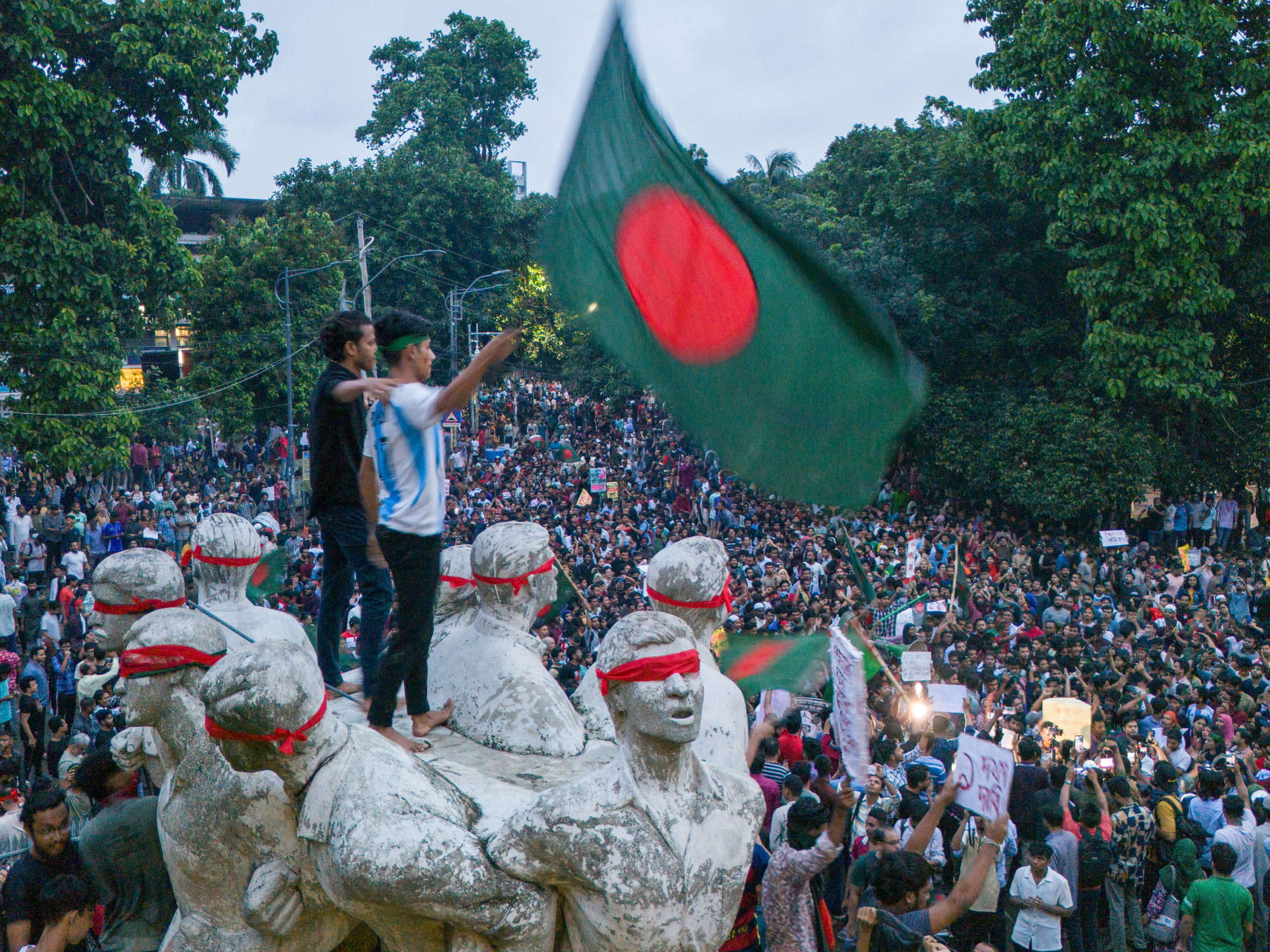
DHAKA, BANGLADESH, AUGUST 3: Anti-discrimination student movement holds a rally at the Central Shaheed Minar in Dhaka, Bangladesh, August 3, 2024. Protesters are demanding justice for those killed in recent anti-quota protests. (Photo by Suman Kanti Paul/Dric/Getty Images)
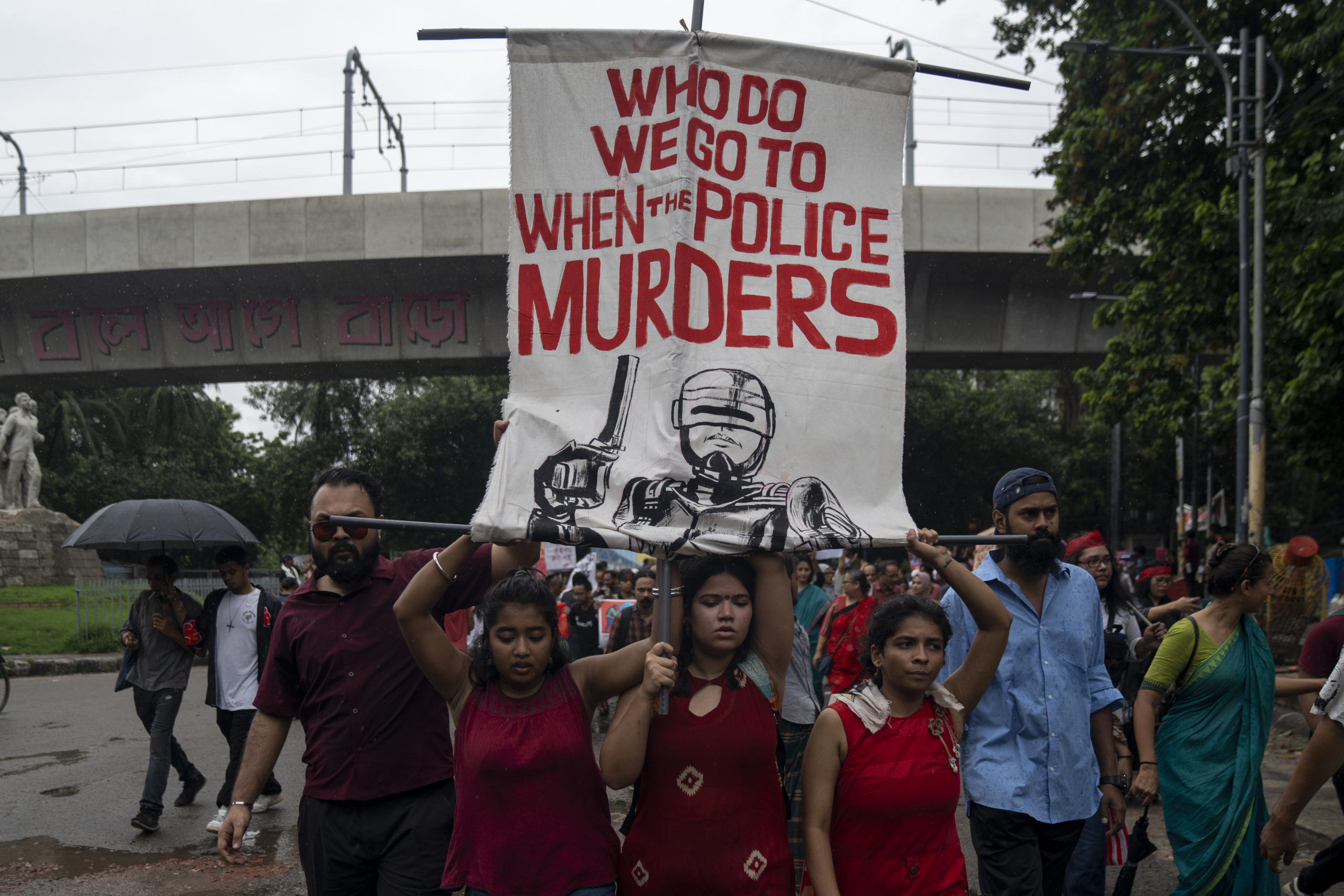
DHAKA, BANGLADESH – AUGUST 2: Activists take part in a protest calling for justice for victims arrested and killed in nationwide unrest, in Dhaka, Bangladesh, August 2, 2024. After prayers on August 2, demonstrations were held in Bangladesh calling for justice for victims of nationwide unrest and police crackdown after the release of protest leaders failed to quell public anger. (Photo by Suman Kanti Paul/Dric/Getty Images)
Reuters reported that President Hasina, who has ruled the country for nearly two decades, is believed to be responsible for 300 deaths as authorities try to quell weeks of protests.
According to Reuters, protesters began celebrating as news of Hasina's resignation spread.
Al Jazeera CorrespondentTanvir Chowdhury said Dhaka had “never seen anything like this” and that the celebrations were attended by “people from all walks of life, not just students”.
“They said this is the way it has to be. We had no say. Democracy was being squeezed but now we are free,” Chowdhury added.
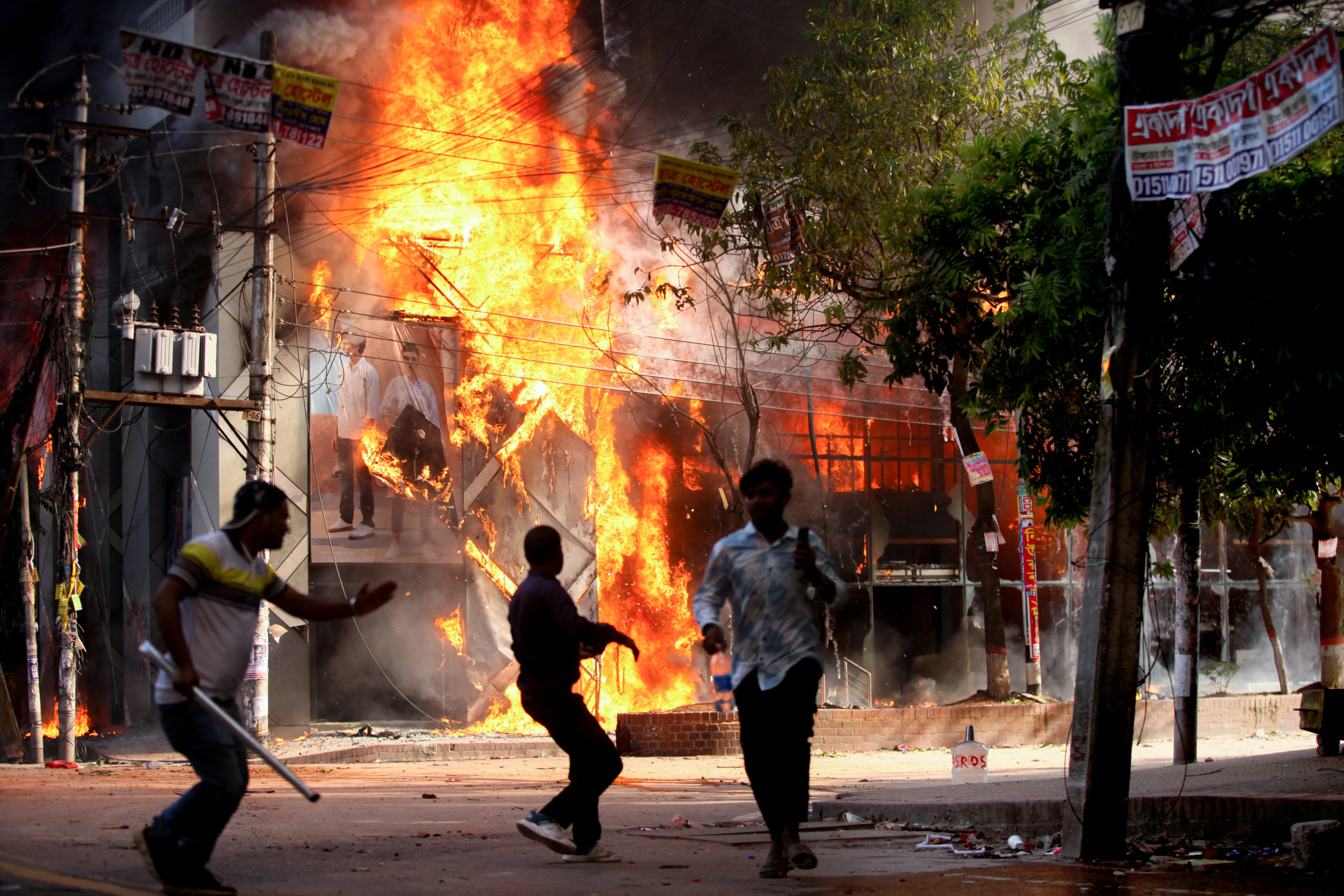
A group of unidentified criminals reportedly set fire to a clothing store in Dhaka on August 4, 2024. (ABU SUFIAN JEWEL/AFP via Getty Images)
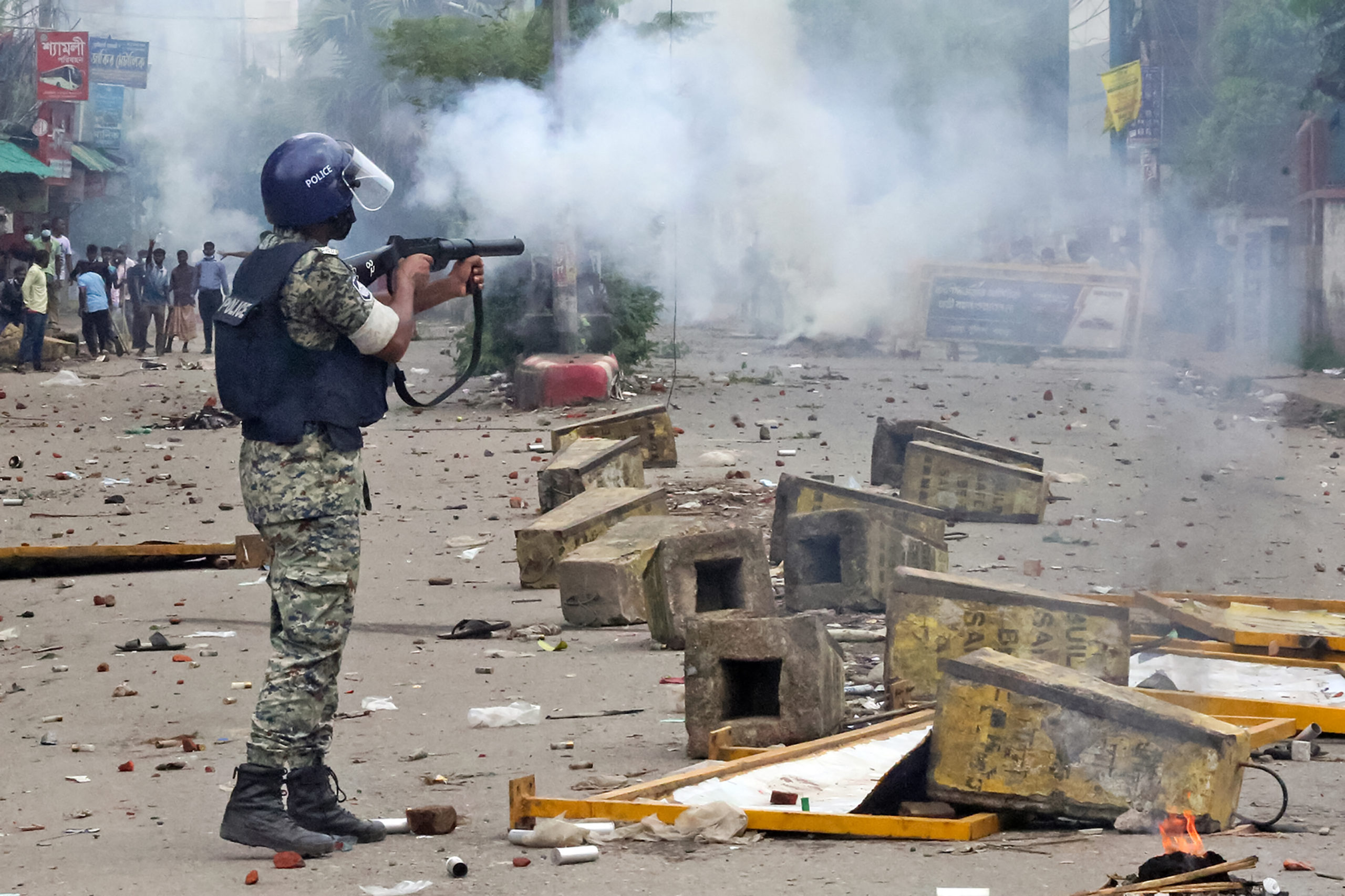
Police use tear gas to disperse student protesters in Bogra on August 4, 2024. (AFP, Photo via Getty Images)
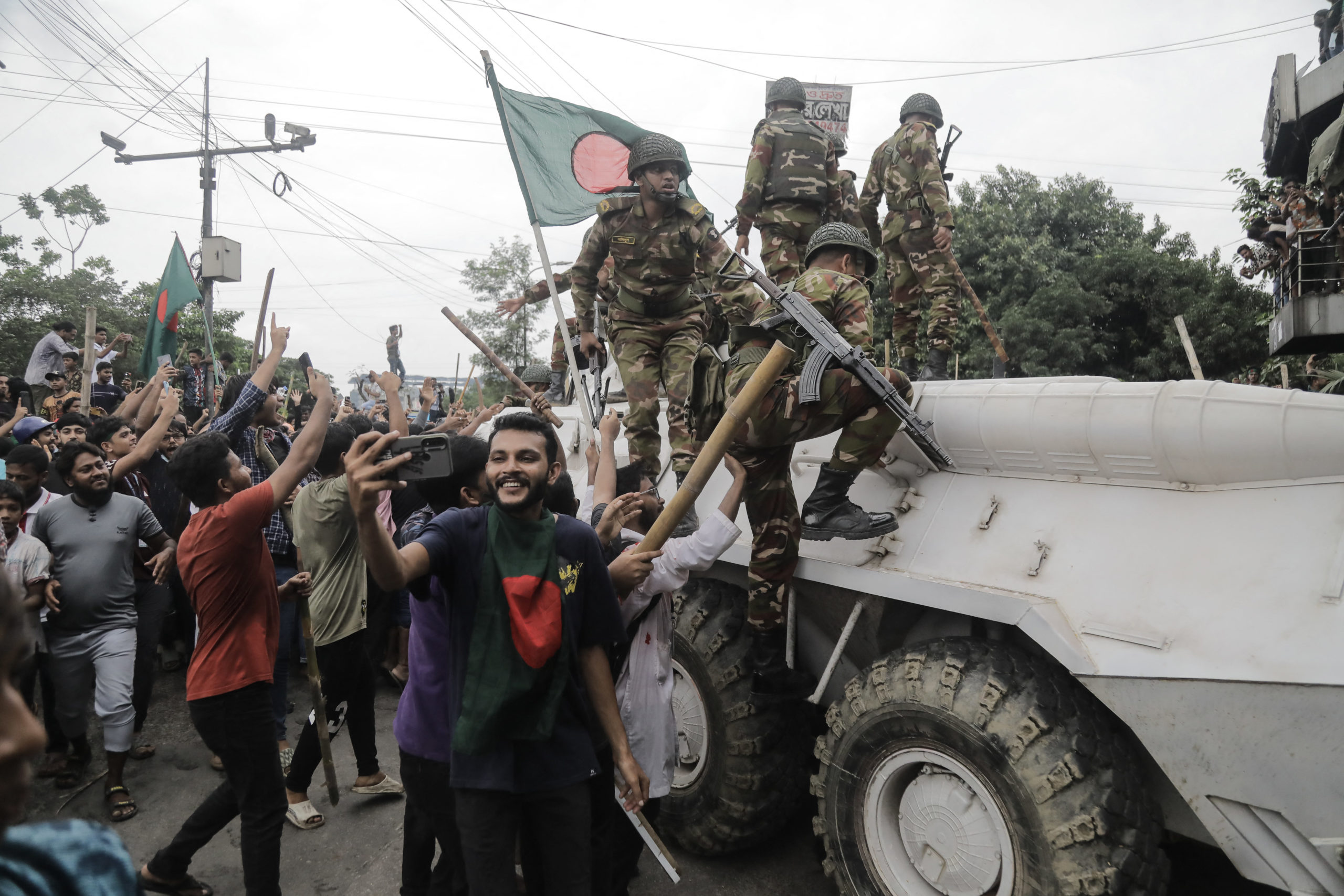
People gather to celebrate the ouster of Bangladesh Prime Minister Sheikh Hasina after violent clashes between police, pro-government and anti-quota protesters in Dhaka, Bangladesh, on August 5, 2024. (Photo by ANIK RAHMAN/Middle East Images/AFP via Getty Images)
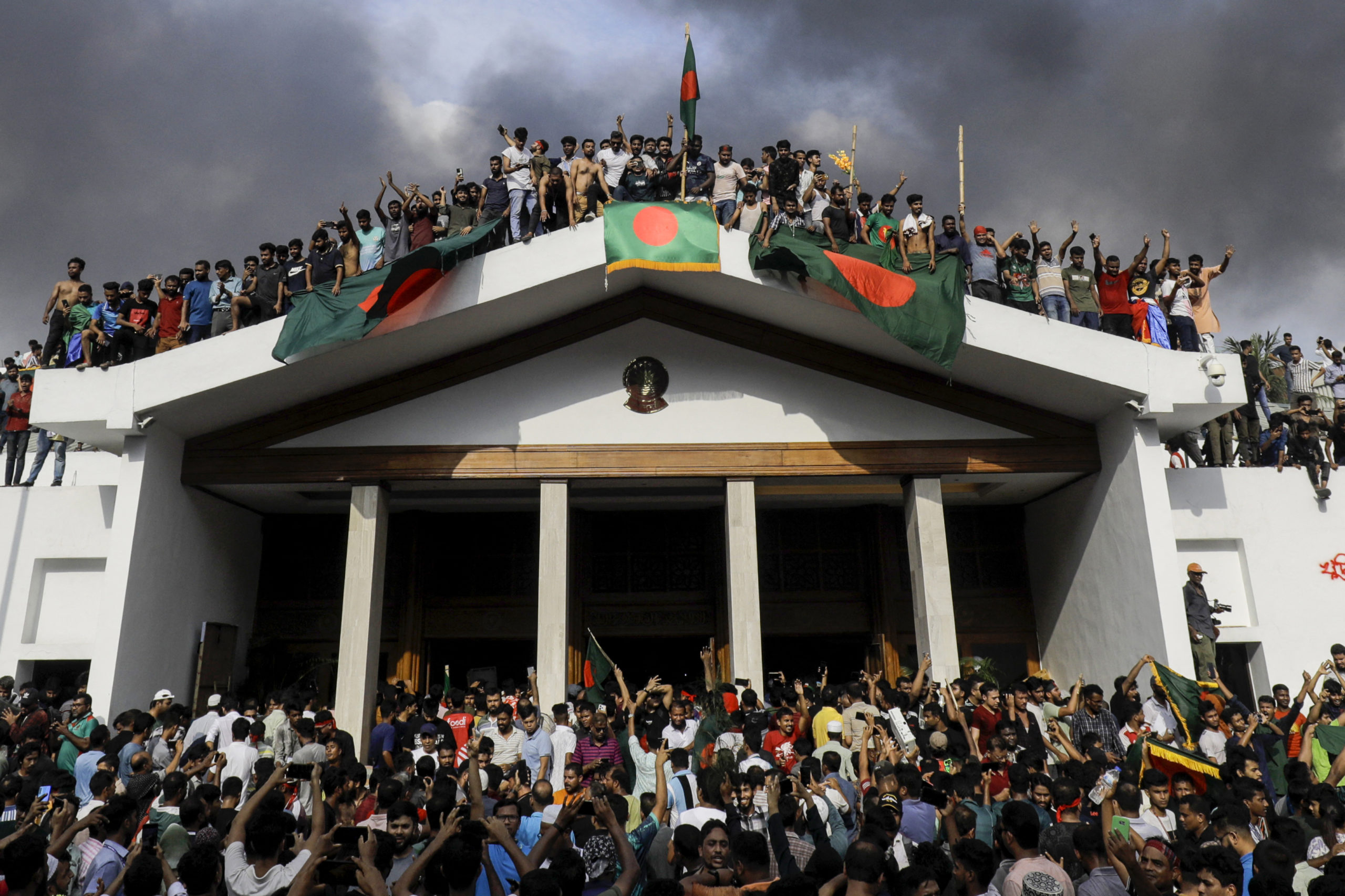
Anti-government protesters storm Prime Minister Sheikh Hasina's palace in Dhaka on August 5, 2024, and raise the Bangladesh flag. Bangladesh Army Chief General Waqar-Uz Zaman, who has risen to the top of the military over nearly four decades, said on August 5 that he “takes full responsibility” for Sheikh Hasina's ouster and flight. (Photo: KM ASAD/AFP via Getty Images)
Army Chief Gen. Waqer-uz-Zaman particularly sought to allay fears that Bangladesh would return to the military junta that ruled the country in the 1970s and 1980s after independence from Pakistan in 1971, according to Reuters.
“We will also ensure that justice is carried out for all deaths and crimes committed during the protests,” the general said, calling on people to be patient and refrain from violence and vandalism.
UN special rapporteur Irene Khan told Al Jazeera that the military faces a “huge task”, adding: “We all want to see a peaceful transition of power and accountability for all human rights violations that have been committed.”


